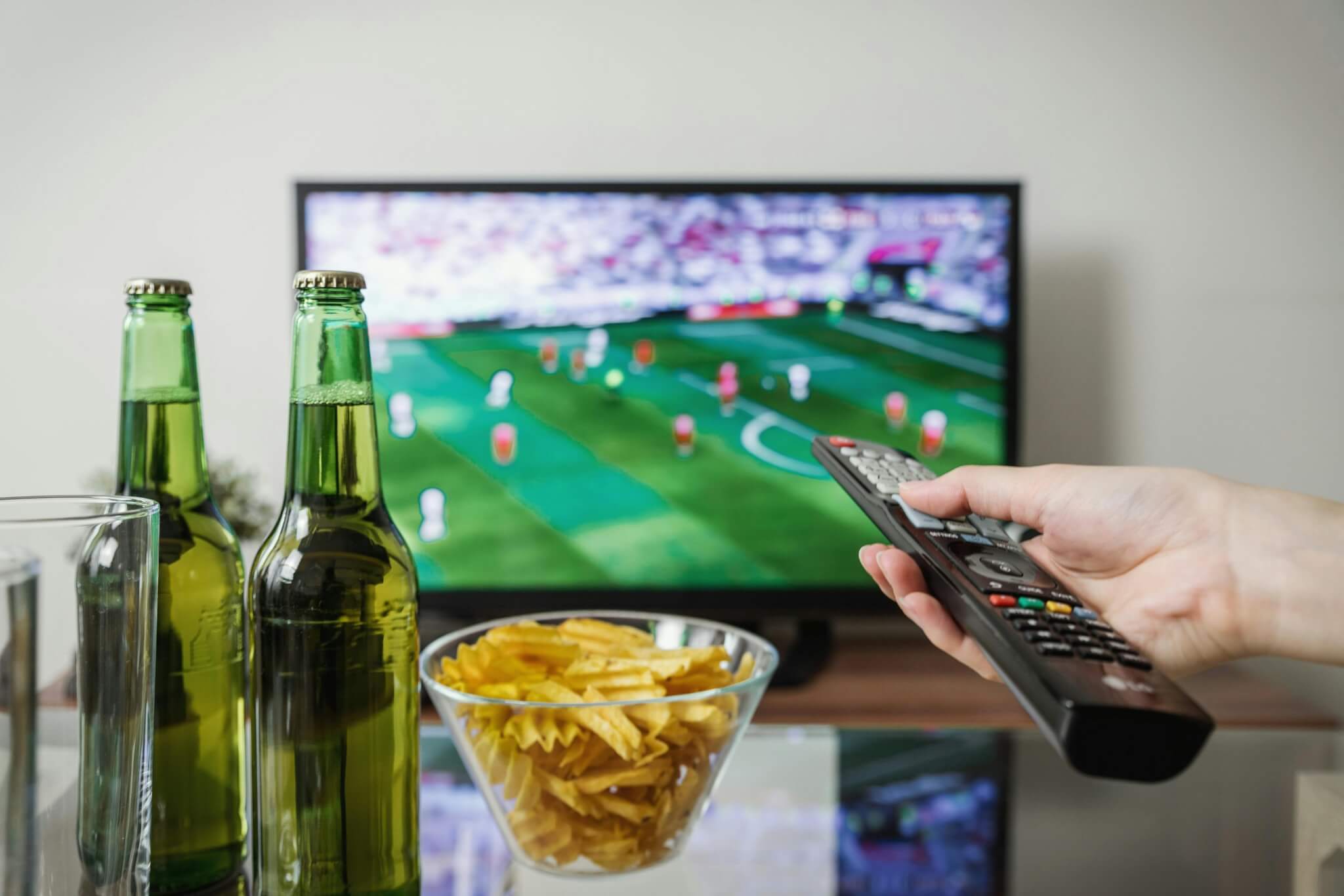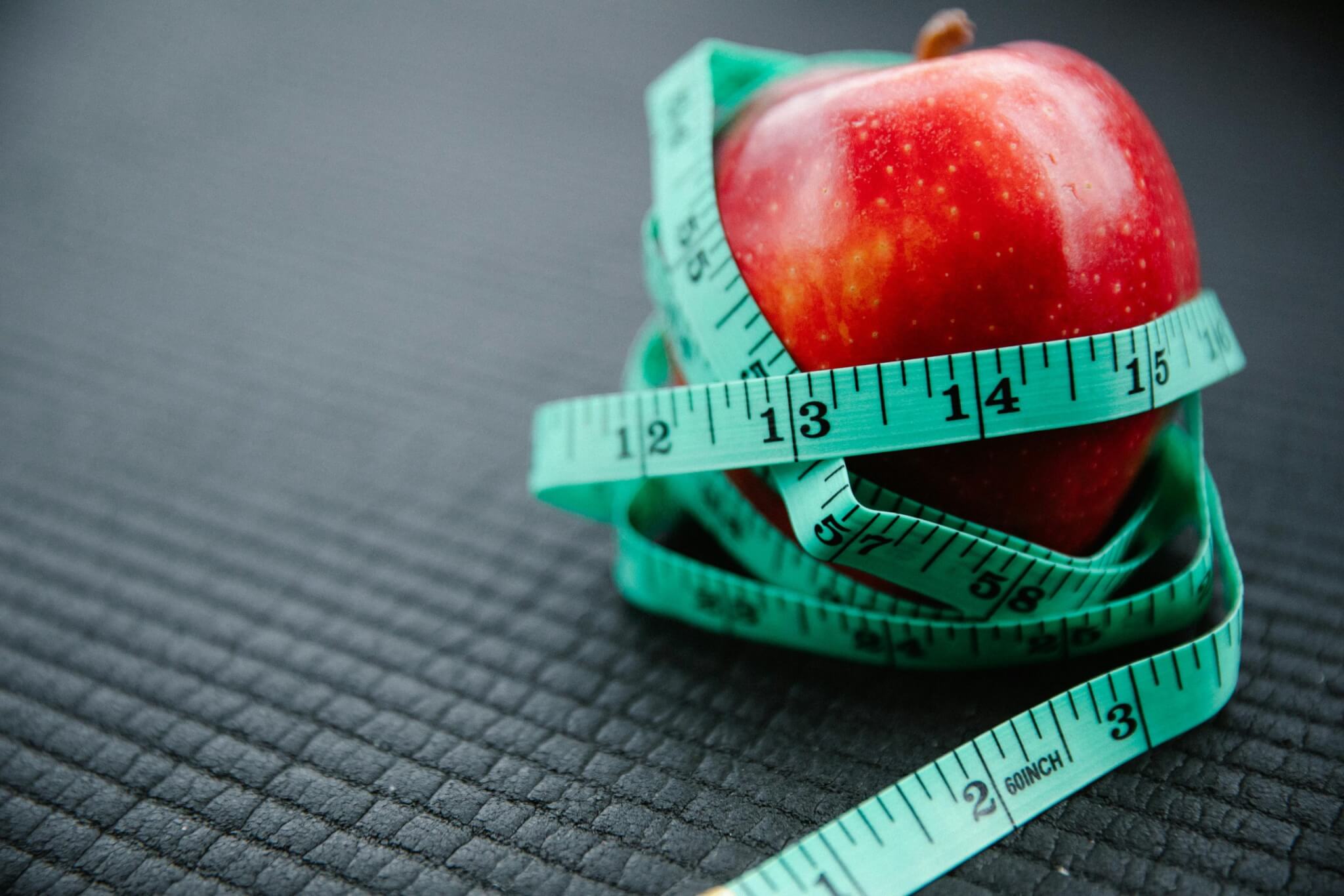Here is what one of our people has written about her recovery with one of our therapists.
When my journey with H began in May/June 2013 my life revolved completely around my compulsive disordered eating behaviour. I was caught up in a relentless ritual of binging and purging averaging 30 times a day, which had persisted for nearly 10 years. This had pretty much robbed me of my twenties, and I had been told by a GP that I was to quote; ‘a hopeless case’ and ‘would be inflicted with my disorders’ for the rest of my life. My health, studies, finances and relationships were in constant jeopardy. It seemed both my secretive and public displays of compulsive binge eating had robbed me of any dignity and self-worth. I was also engaged in cycles of dangerous binge drinking behaviours around every 6-8week. These resulted in week long black outs, which rendered me bed ridden and often in various A&E departments through physical injury or dehydration.
Below I have summarised a non-exhaustive list of treatments I had received in the 10 years of being afflicted with my bulimia/compulsive binge-purge behaviour. None of these really had any significant impact on my rituals or associated psychology, some even had a negative impact.
2004-2013
- CBT & CAT (NHS)
- 1 outpatient treatment admission (4 weeks – NHS)
- 4 x Inpatient admissions (Woodbourne Priory –for 9 months, QEPH for 1 month (+ 2 x self-discharge short stays))
- Counselling (private, NHS, University practitioners)
- Hypnotherapy (4 x practitioners)
- Homeopathy and acupuncture
- Anti-depressant and anxiolytic drug therapy (x6 flavours)
- Alcoholics Anonymous and Over Eaters Anonymous
Below I have outlined the main areas in which my work with H has helped transformed me from the former shadow of myself into the person I could and should really be. This is my path from up to £30 of food consumption, <8h binges and <50 vomits DAILY, to someone at a consolidation phase of full recovery. Structure – and commitment to it!
From my first session working with H I understood that beating this problem was going to be a team effort! I had to commit to my part of the deal – keeping organised, documented and structured eating times. I also had to abstain from highly refined sugars and carbs (which by my own admission I was addicted to). The former is something I found particularly challenging, but even when I didn’t succeed the process knowing I had a plan to stick to really helped me get ‘in the moment’ about what and when I was eating. A large part of this work involved breaking habits (eating whilst driving, stopping for food at service stations and works canteen). What really helped me with this at first (and still does), is having all the meals and snacks I need for the day prepared and taken with me for the day in discrete packages. I got my partner involved with this process; I trust his judgement implicitly so I know his definition of a ‘snack’ or ‘meal’ portion is going to be about right for my needs. This stopped all the canteen visits and unnecessary trips to the supermarket.
The psychology of ‘taking control’ of my own recovery early on in the process gave me great confidence, and stood me in an empowered frame of mind for the more emotional work to come later.
I am not my eating disorder – I am me, and I am OK!
I think a significant portion of work I have done with H has been focused around re-establishing my identity. I learned to acknowledge that my eating disorder was simply an exhibited behaviour and did not define me or reflect who I was. This freed me from punishing self-judgement and was very important re-establishing my confidence. Additionally, I learned that I should not define myself my successes or failures in life. I have come to understand the importance of being authentic and free to be myself, free from the fear of failure and the burden of perfectionism.
On a related theme, much work has been based upon how I respond to the opinions or comments of those around me. I have been learning to embrace the fact that I cannot change how other people chose to respond or behave towards me. I am free to vocalise my thoughts and feelings assertively and with immediacy in any situation. This approach reduces the probability of harbouring resentments the associated frustrations that comes with bottling emotions.
I also need to be aware of getting ‘hooked in’ to peoples comments or opinions and that I have a choice as to how to respond. In short, I alone have control over my own emotions and how I feel about things. Ultimately whatever I feel about things should not lead on to negative behaviours such as binge eating/drinking. The Thought → Feeling → Behaviour pattern is something H has worked quite closely with me on, and having the ability to modulate my thought processes has certainly helped level out my mood states which have progressively improved over time.
Tolerance! – ‘I can bear this!’
Tolerance of situations and circumstances that I find uncomfortable has been a significant work focus over the last 10 months. My perceived inability to cope with difficult circumstances has historically led to a heightened anxiety and an apparent need to comfort eat in order to ‘cope’. My tolerance of boredom and motivation to do tasks I find particularly challenging or difficult has in the past led me to use excessive eating as a procrastination tool and form of avoidance tactic. Heather has helped me become aware of triggers which might lead me towards such a negative mind-set, and also evaluate previous similar situations as evidence that in reality I really can cope. Instilling an ‘I have done it before, I can do it again’ kind of mind-set is the best way I can describe it. I have a simple mantra of ‘I can bear this’ and ‘I am capable’ ‘just get on with this task’, which really helps stop me catastrophizing situations that really aren’t that big of a deal.
Compassion
I have a tendency to be really hard on myself and can be quite self-punishing if I do not achieve my own personal expectations (or what I perceive others expectations to be). In session we have touched on the concepts of being compassionate to oneself (and others), and being vigilant about squashing negative internal dialogues. I have been encouraged to be aware of what kind of a story I am telling myself in my thoughts; is it unhealthy or unkind? Would I expect this of someone else? Am I viewing this in the right way? This has helped me be a little kinder to myself and be mindful about unhelpful thinking patterns. I am also aware of triggers that might lead me down such pathways (e.g. running a bad race, an experiment going wrong at work) and allow myself extra processing time to deal with them.
Feel the fear and do it anyway
I think this heading is covered by little segments of all of the above sections. In a nut shell, FEAR doesn’t lead to FOOD (or any other emotion for that matter!). I can tolerate uncomfortable feelings, I practice uncomfortable situations with assertiveness and I bear misplaced feeling of hunger I understand are only in my head. I have learnt (and continue to learn) tools and techniques for dealing with my thoughts that have essentially made the eating behaviour redundant. I do not need it, it has become an unnecessary pathway and the less I use it the more unnatural it becomes. I am currently in the phase of relapse prevention, where I’m being shown how to deal with mishaps with compassion and re-assert eating structure quickly and effectively.
Summary
The above five points perhaps only scratch the surface of how working with Heather has helped me over the last year, but it has been a positive experience for me to consolidate what has been important to me in my recovery. I hope it provides insight into what kind of therapeutic approaches have been so profoundly beneficial for me in this wonderful year of personal growth. I am now in a position where I am for the most part completely free from bulimic and compulsive eating and drinking behaviours. Recently I have averaged around one vomit per month, which compared to 30+ daily is nothing short of miraculous and has far exceeded my wildest dreams in terms of recovery. I am also T-total in terms of alcohol, and have had no drinking episodes for a considerable time period. My physical health has recovered rapidly, I have more energy and concentration to focus on my studies. I enjoy running and cycling with my partner and a local club, and am competing in my first triathlon on Sunday.
One final point I’d like to mention as it’s particularly striking for me is that with H’s work, it is not just the eating/drinking behaviour that has been abolished but all the compulsive thought patterns and emotions that accompanied it. Sadly, I have come across a lot of extremely miserable T-total alcoholics and people in recovery in the past. I had feared that if I recovered I would be the same; lost, empty and unfulfilled, like that part of their psychology persisted and just wouldn’t let them go. Reality has proven to be the complete opposite for my journey; I have so much head space to just be happy and free! I don’t crave binge eating/vomiting in the slightest, I don’t miss it, I don’t even think about it going about my daily business. It’s like that part of my life never existed, and it’s just awesome!










